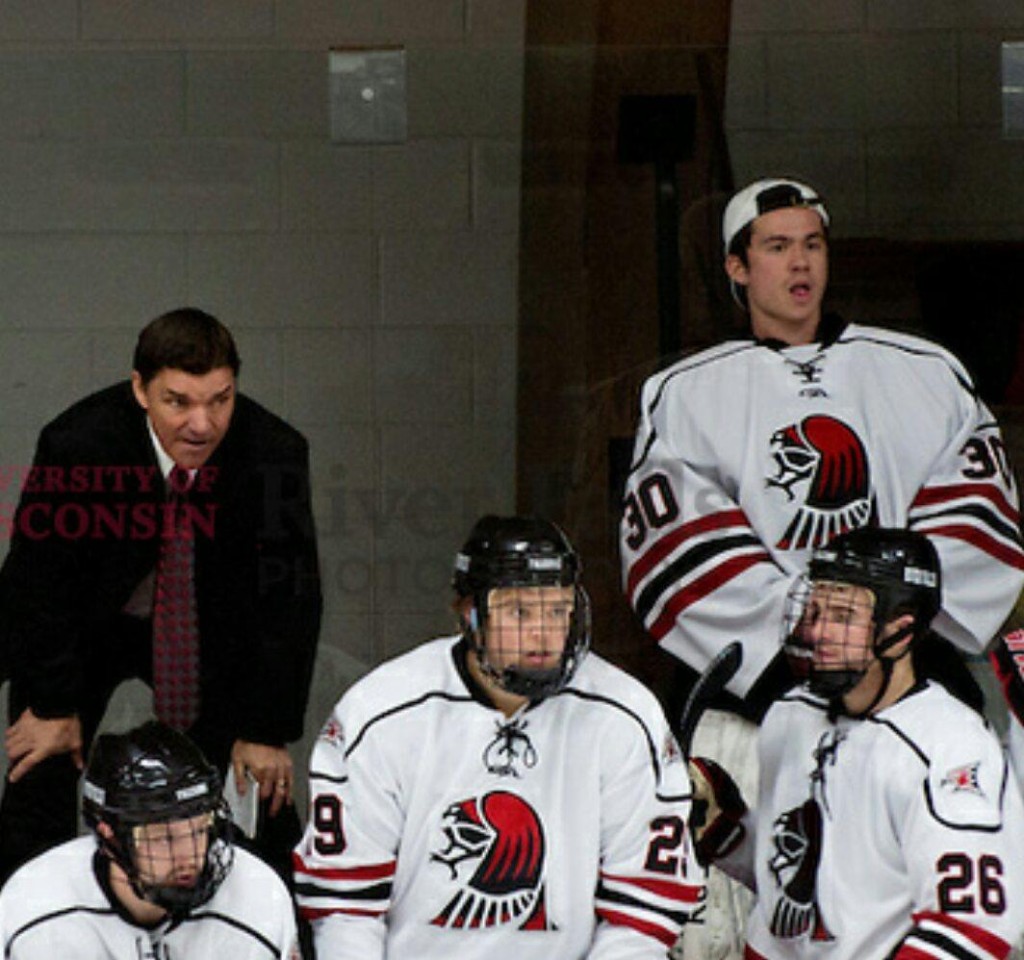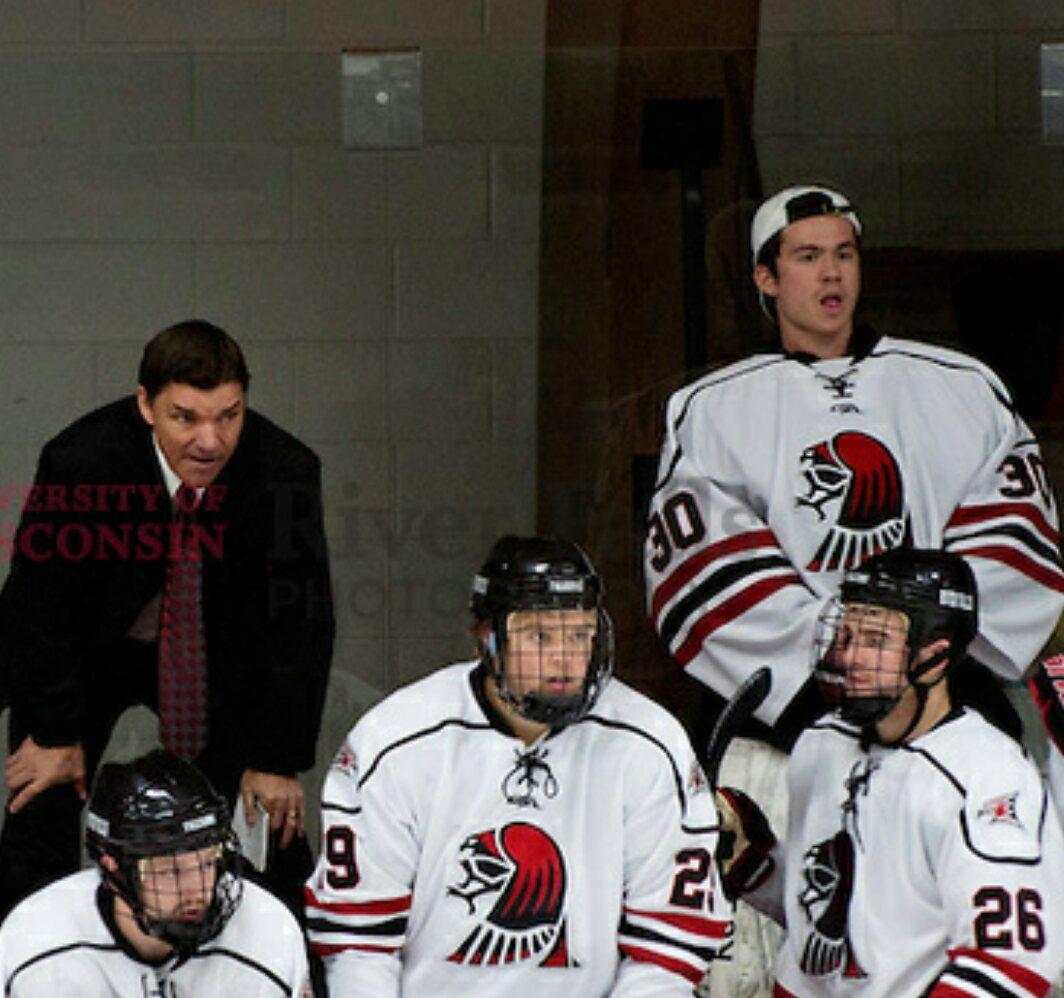

If you’ve been in the hockey community long enough, you’ve probably heard the phrase; “goalies have the toughest position” said around the rink. Being a goalie is not just hard because of the physical stress endured throughout a practice, a game, and a season, it’s the mental demands of the position that really separate it from all others. A goalie of any age has to go through various types of mental challenges that are seemingly never ending.
What could possibly be harder on the body and mind of a goalie than worrying about the puck? The answer is simple: being the backup. The definition of a “backup goaltender” is the goalie who doesn’t play night in and night out, but still has to be ready in case circumstances change. After all, back ups are literally one shot away from getting in.
The backup goaltender endures just as much physical abuse as the starter, perhaps even more. The starting goaltender naturally takes practice a little “lighter” because they want to be fresh for the upcoming game. They are not going to exhaust all their physical energy before the big show. One the other hand, there’s the backup goaltender. They are the one who works their tail off day in and day out to try to get an edge on the starter. They must put in extra work, whether that be before practice, after practice, and/or extra off ice training. Go to any NHL morning skate the day of a game and watch which goalie gets off the ice when practice ends and which goalie stays on and takes a hundred extra shots.
This “extra work” that is put in by the backup goaltender usually adds up to many hours taking shots when nobody is watching. All those extra hours can accumulate to days and weeks of extra work during a course of a season. You can see that they take just as much, if not more, physical abuse than the starter. If the backup goaltender has that “whatever it takes” mentality to help out your teammates, work on your own game, and prove that you belong in net, then you are in turn putting an enormous amount of stress on the body.
What really separates a backup goaltender and starting goaltender is the mentality. The mental part of anything is always going to be the hardest part (not just in hockey, but in life). Physically stopping the puck is the easier part of being a goaltender (believe it or not), but when a goaltender starts to think too hard that’s when he/she gets into trouble. Mentally being able to handle all that comes with the position is far more challenging. The pressure, the isolation in net, the losses, and the low playing times all attribute to the challenges of being a backup. Mishandling these hurdles are how the best puck stoppers in the world get into slumps. Their talent doesn’t just magically disappear. The problem is right in between their ears.
If someone finds themselves in a backup role (which every goalie at some point will) it can take a toll on the mind, no matter how mentally strong an individual is. The backup goaltender only plays a limited number games and those few games can come at random times and be months apart. At any moment, the backup can go from sitting on the bench (getting cold) for up to two hours to suddenly being thrown into the game and expected to perform up to standard. Are they frustrated sitting on the bench? Yes, let me repeat, Y.E.S., what competitor wouldn’t.

Does it look good if they have poor body language and exuberate the “Poor me” attitude? Absolutely not. Separating the emotion on the inside from the actions on the outside are extremely tough, but being a good teammate is something to take pride in and serves a real purpose on any team. Point being, backups often face challenges that most players have never even experienced, and to handle the position with success takes a mentally strong and dedicated person.
At the end of the day, the list of challenges faced by a backup are certainty there, but every player on the ice has challenges to deal with, both mentally and physically. Hockey is a tough sport no matter what position you play, but the one thing that is often overlooked, and possibly the most difficult, is having to sit on the bench and simply watch. It’s heartbreaking no matter if you’re a 10 year old or 28 year old; being a back up is hard. It’s hard to sit there and watch your team battle together, make mistakes together, and succeed together while you are on the outside looking in. It’s like you’re the one kid at school not given an invitation to the party Friday night. There is not a single thing that can help you truly prepare for the mental challenge of being a back up goaltender. It’s as they say, “the nature of the position,” but the thing I’ve found throughout my experiences are those who handle the situation with a positive attitude, willingness to be humble, and a strong work ethic will come out stronger than ever. Being a backup can kill your spirits or motivate you to persevere. The choice however is always up to you!
–David Heflin, Lifetime MGS Student and current Summer Instructor

